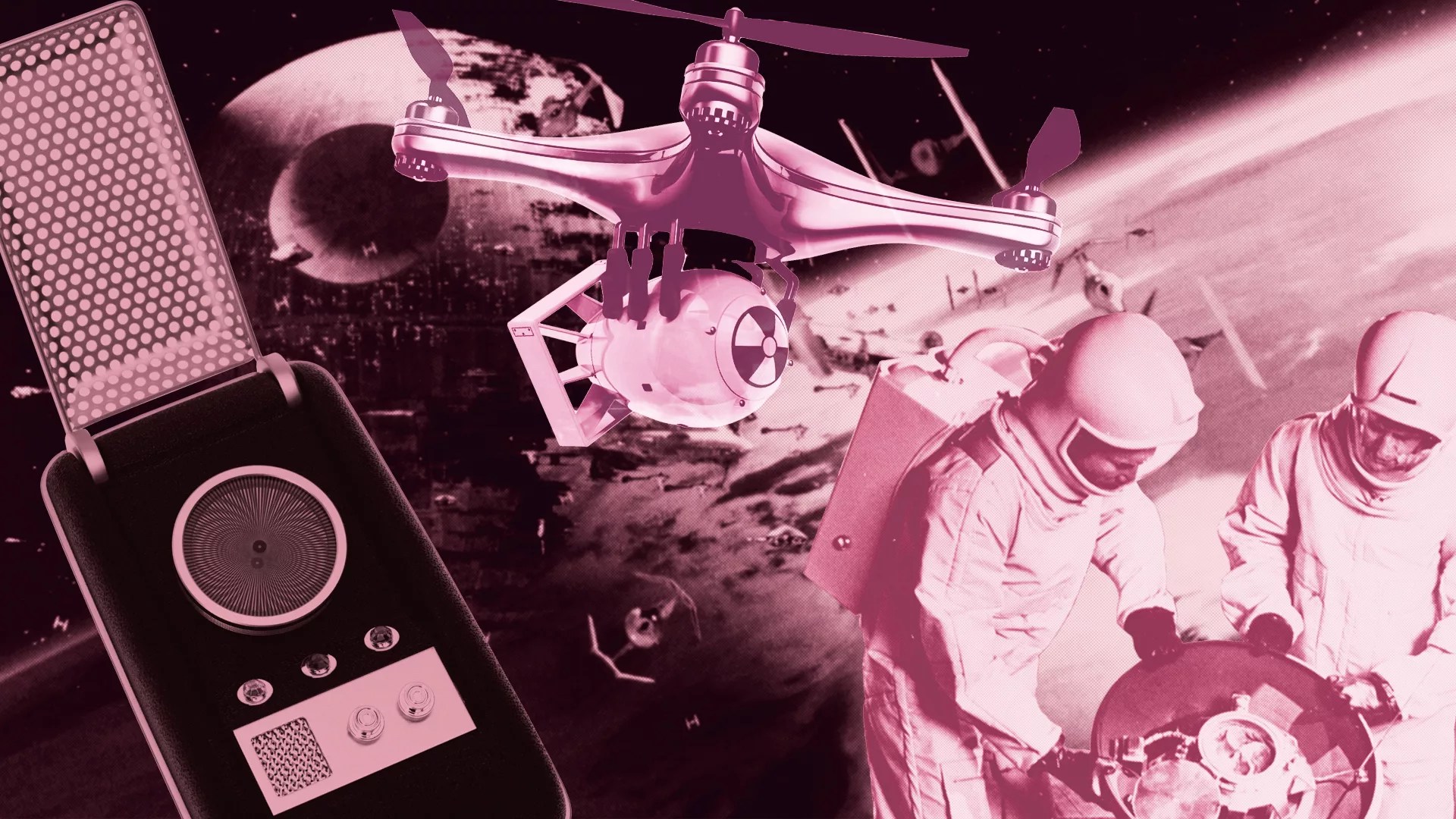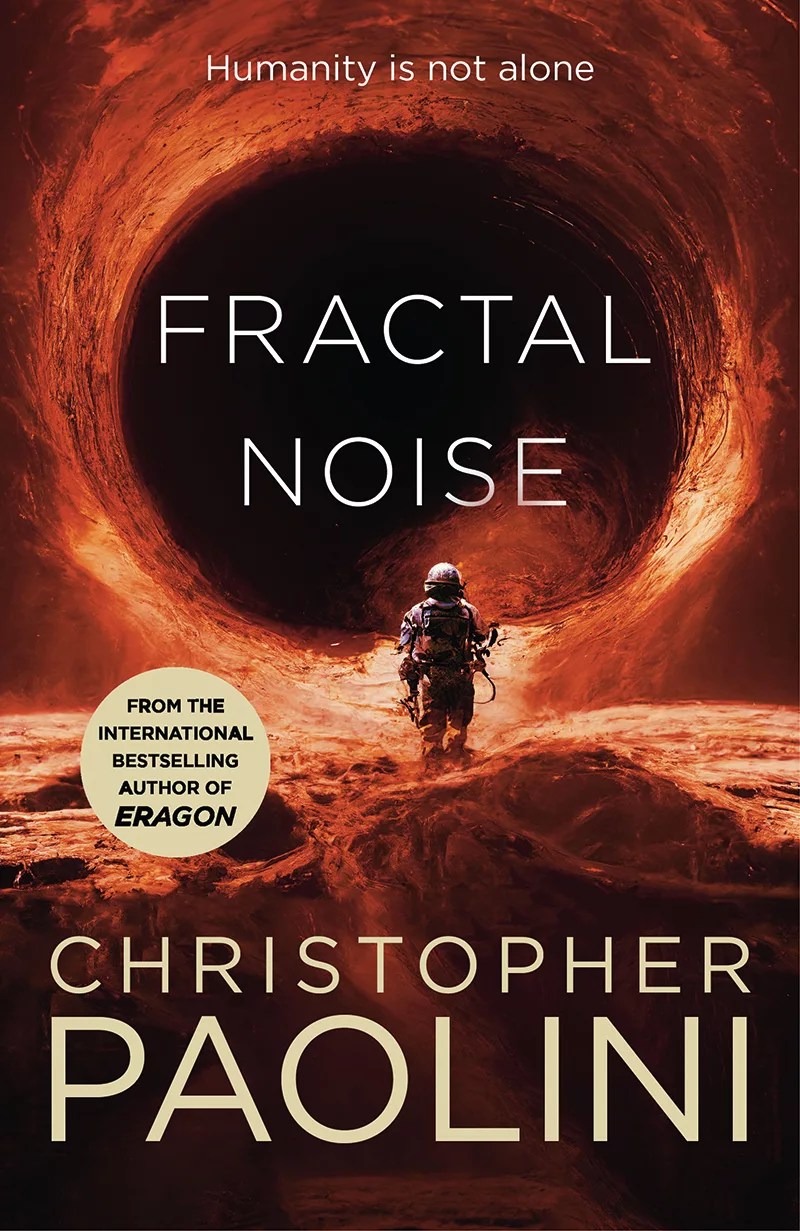This past March, the Ministry of Defence in the UK announced they had hired science fiction writers PW Singer and August Cole to write eight short stories about how developing technologies could shape warfare over the next 20 years.
Surprising? Hardly. This is far from the first time governments have reached out to the world of fiction for help imagining the future. Most famously, authors Larry Niven and Jerry Pournelle directly lobbied for and influenced Ronald Reagan’s decision to create the Strategic Defense Initiative in 1983 (aka the “Star Wars” missile defence programme).
In 2005, the Canadian Army hired Karl Schroeder to write Crisis in Zefra, a “dramatised future military scenario,” that examined the challenges a Canadian peacekeeping force might face when dealing with a 2025 urban insurgency using drones, cell phones, and other modern information systems. (Not so different from the current conflict in Ukraine.)
Your support changes lives. Find out how you can help us help more people by signing up for a subscription
In 2019, the French army announced it was creating a “Red Team” of science fiction writers to help figure out how countries and terrorists might exploit future tech. And after the terrorist attacks of 9/11, the US military solicited ideas from various Hollywood screenwriters in an attempt to ensure they were never again caught by surprise.
It’s not a bad practice. Although the future is impossible to predict with any granularity, broad trends can often be observed. Moreover, sci-fi writers tend to spend their careers thinking about the development and application of technology. Sometimes they manage to anticipate actual inventions, such as Arthur C Clarke and the concept of geostationary satellites or Neal Stephenson and digital currency. And sometimes authors manage to inspire the creation of real devices, such as cell phones, which were based upon the communicators in Star Trek: The Original Series.










